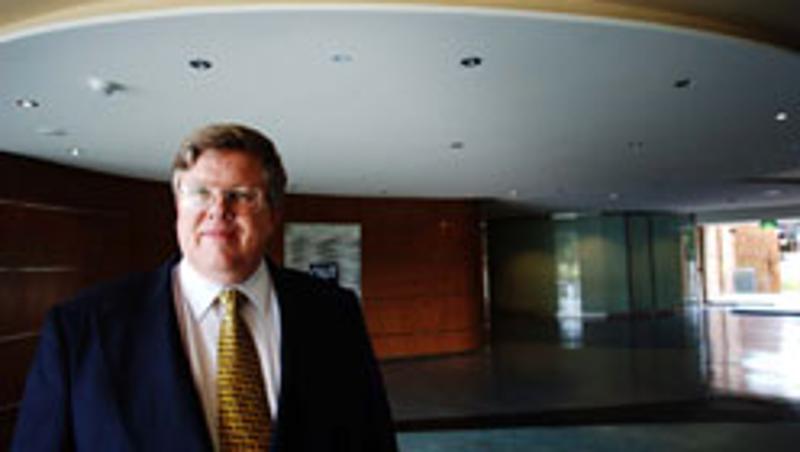
Is a company offering to freeze your body or brain for a fee and bring you back to life in the future a charity? And does someone with mild Alzheimer's have the capacity to make a charitable bequest?
The latest edition of the Australian Sector Nonprofit Legal and Accounting Almanac, from QUT's Australian Centre for Philanthropy and Nonprofit Studies (ACPNS), summarised these and other significant cases, legislation, and tax issues impacting the non-profit sector.
Among the strangest cases of 2014 featured was the New Zealand-based Foundation for Anti-Ageing research. The foundation sought charitable status for its activities, including cryopreservation of whole bodies for up to $200,000 and up to $80,000 for neuro preservation.
Professor Myles McGregor-Lowndes, ACPNS founding director, said the Charities Registration Board had rejected the foundation's application for charitable status.
"In considering the registration, the Board found that the foundation's overwhelming purpose was cryopreservation and 'reanimation' research," Professor McGregor-Lowndes said.
"Reasons for rejecting the application included cryopreservation and reanimation lacking sufficient academic credibility and being too speculative to have an educative purpose as well as the cost being too expensive and hence narrowly available and essentially private."
In the case of a Western Australian man who executed a second will leaving a charitable bequest after being diagnosed with mild Alzheimer's disease, the WA Supreme Court found the second will to be valid because it was "properly executed, and is rational on its face".
The presiding judge said that suggested the man was a "person of competent understanding when he executed that will".
Professor McGregor-Lowndes said other unusual cases last year included Living Word Outreach Inc v Deputy Sheriff of Victoria about whether multiple traffic infringements were subject to the Bill of Rights 1688, and a dispute between former spouses over the right to control their family foundation.
Asked what the most important case for the nonprofit sector was in 2014, the majority of a panel of 20 specialist nonprofit lawyers named the victory of the Hunger Project Australia against the Commissioner of Taxation.
"This was a highly significant case because it broadened the eligibility of charities for Public Benevolent Institution status which is the gateway to gift deductibility," Professor McGregor-Lowndes said.
"The decision means many charities and their donors may now be eligible for this generous tax benefit."
The panellists were also asked what their wish would be for law reform in the nonprofit sector. In a sign the industry is still subject to much legal complexity, with one describing the situation as a "nightmare", suggestions included abolition or harmonisation of fundraising regulation and consolidation of nonprofit tax requirements including gift deductibility status for all charities.
The Almanac is freely available from: http://eprints.qut.edu.au/83772/
Media contact:
Rob Kidd, QUT Media, 07 3138 1841, rj.kidd@qut.edu.au
After hours, Rose Trapnell, 0407 585 901




